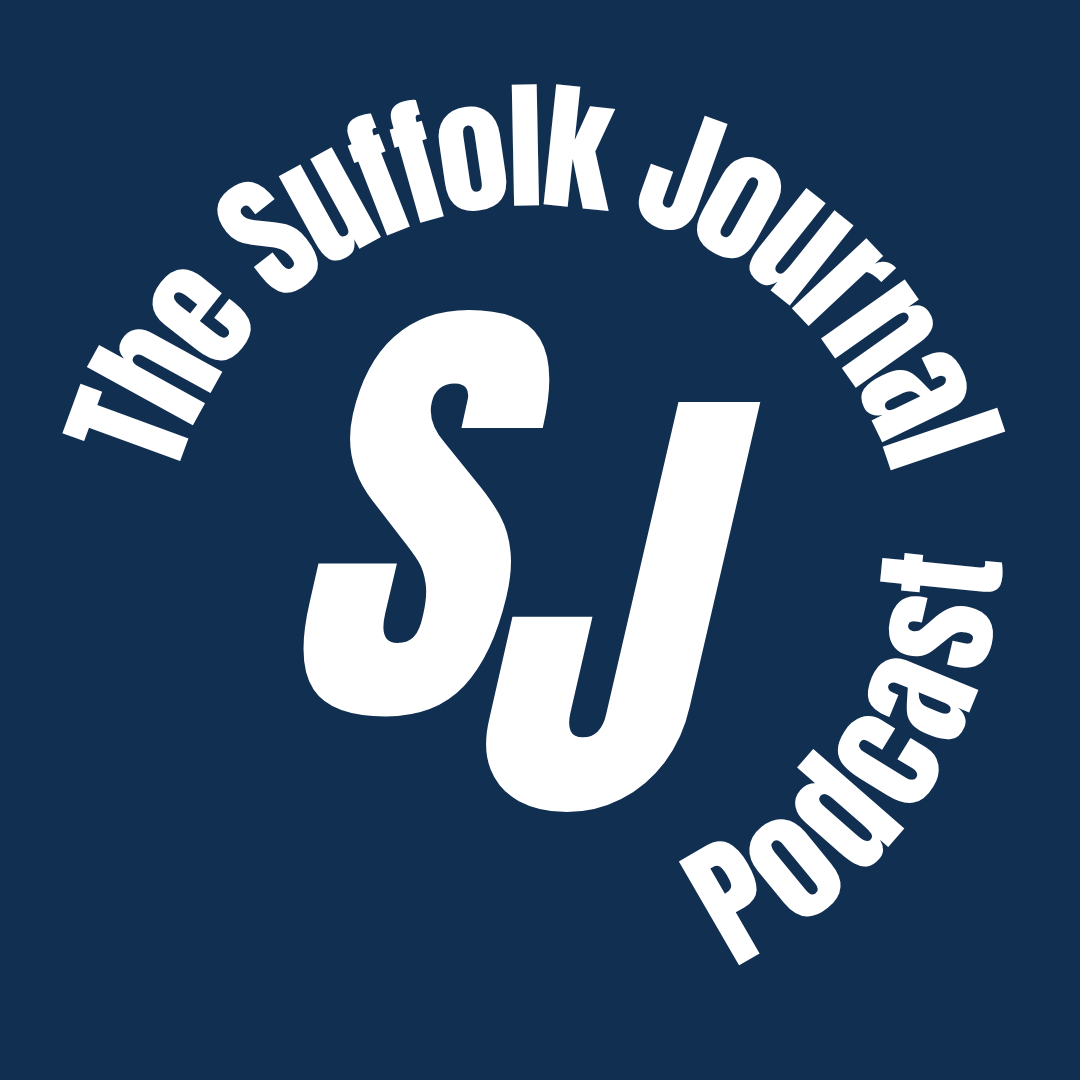John Tamny, political economy editor of Forbes and Editor of RealClearMarkets, discussed how government actions caused the Great Depression and the Great Recession March 20 in a lecture sponsored by Suffolk’s economics department and the Beacon Hill Institute.
Tamny led the audience through the history of government intervention from the events leading up to the Great Depression to the impact Obamacare could have on the 2013 presidential elections.
“America is suffering from government barriers to economic growth,” Tamny said, citing taxes, regulation, and a weak dollar.
“Taxes are nothing more than a price,” Tamny said, adding that taxes on work and capital gains were “penalties.”
Regarding regulations, Tamny pointed out that despite the heavy regulation of the banking industry, it still collapsed in 2008. He also noted that unstable currencies lead to slow and unstable economies.
To prove this, Tamny explained that the Depression of 1920, though severe, was short because the “government got out of the way … President Woodrow Wilson slashed spending, and the dollar stayed relatively stable.
“Recessions are beautiful,” Tamny said, because “they cleanse the market of bad firms and investments.”
President Herbert Hoover, who started his term in 1929, reversed this course, Tamny explained, doubling spending and raising taxes. Upon his election, President Franklin Roosevelt “doubled down” on Hoover’s increases in order to stimulate the economy.
“Government spending is an economic retardant, because the government doesn’t know how to allocate capital,” Tamny said.
FDR’s New Deal exacerbated the economy, he said, adding that it funded inefficient projects.
He noted that the economy began to grow again in 1938, the year the New Deal ended, contrary to the common perception that “WWII saved the economy.”
Tamny also said the “number one way to crash an economy is to raise taxes on imports,” adding that barriers to free trade subsidize weakness in domestic firms. Tamny noted that China’s economic rise was “one of the best things to happen to the U.S., because [China’s] cheap labor allowed” firms to make cheap products.
Tamny also criticized the Bush and Obama administrations’ response to the 2008 financial crisis.
“If George W. Bush had never bailed out Bear Stearns, there would never have been a financial crisis,” Tamny said. Government intervention, like the stimulus, also contributed to the crisis, he said.
Tamny also criticized the 2012 tax increase under Obama as unhelpful to the recovering economy.
Despite the recent recession and slow recovery, Tamny said he is “bullish on U.S. economic growth,” citing four important reasons.
First, Ben Bernanke, whom Tamny believes did much harm as head of the Federal Reserve, was replaced by Janet Yellen in February.
Second, “Obama can’t pass any more major legislation,” Tamny said, primarily due to problems with Obamacare and its unpopularity (his third reason), as well as Congressional gridlock.
Lastly, Tamny said that the economic crisis woke the U.S. up to the problems of big government and intervention. He said that Americans’ skepticism in big government will lead them to vote for a “better president” than Bush or Obama.



















